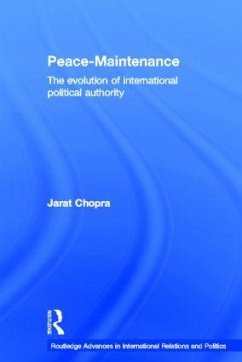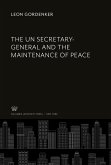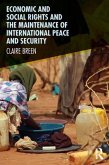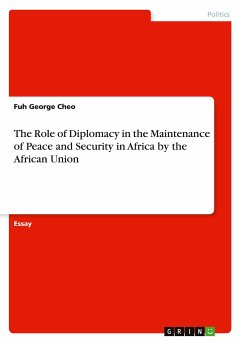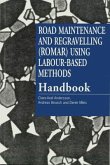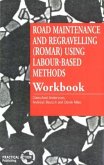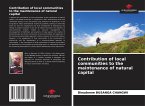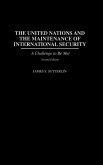Peace-Maintenance explores the controversial concept that has evolved from diplomatic peacekeeping and military peace-enforcement. Jarat Chopra, the architect of peace-maintenance, outlines the limitations of traditional peacekeeping principles reliant on the increasingly questionable consent of belligerents. He traces the evolution of the political, administrative, legal and judicial ingredients of international authority. He draws on his extensive experience of peace operations with the United Nations, using many examples to illustrate the context and evolution of peace-maintenance, including in-depth studies of Somalia and Western Sahara. This book is invaluable in identifying the necessary ingredients for long term, legitimate and effective peace-maintenance at a time when it is needed most. Chopra's study explores a course of action that is logically indicated by the long evolution of peacekeeping in the twentieth century and, importantly, he argues that we can no longer fail to respond to violent crises because we do not know how to.
Hinweis: Dieser Artikel kann nur an eine deutsche Lieferadresse ausgeliefert werden.
Hinweis: Dieser Artikel kann nur an eine deutsche Lieferadresse ausgeliefert werden.

